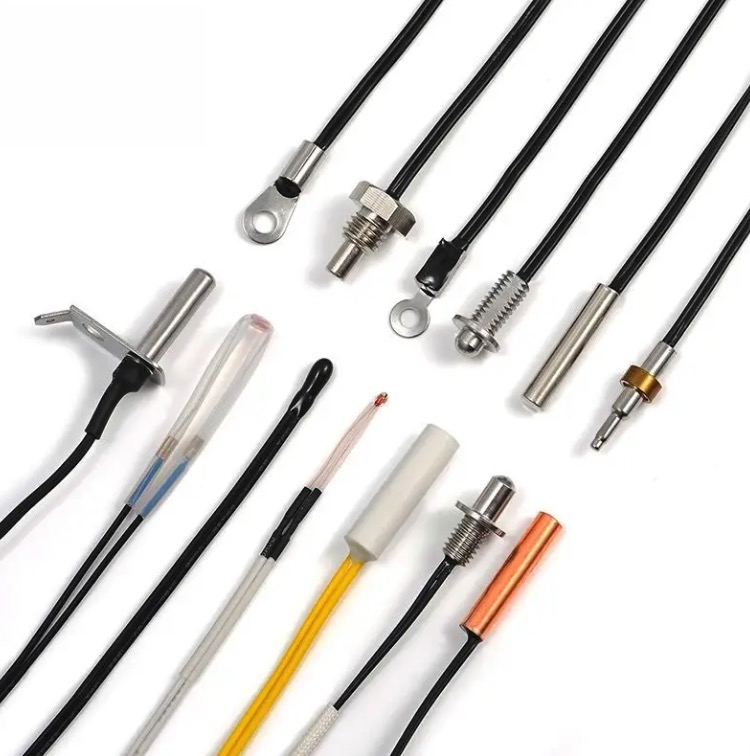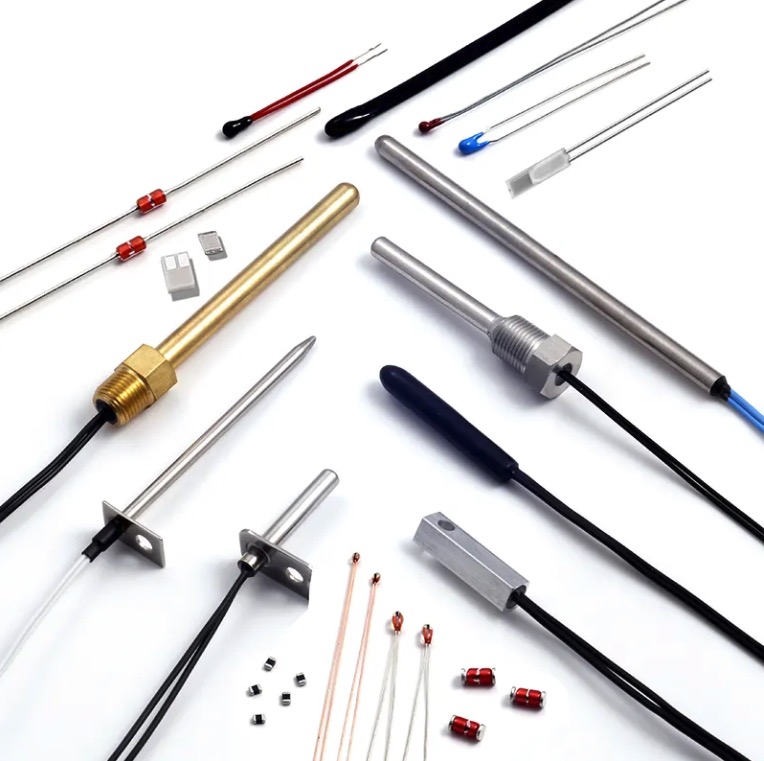Thermocouple to 4-20mA Converter: Enhancing Precision and Efficiency
Article Summary:
Introduction
1. What is a Thermocouple to 4-20mA Converter?
2. Benefits of Using a Thermocouple to 4-20mA Converter
2.1 Increased Measurement Accuracy
2.2 Compatibility with Industrial Systems
2.3 Simplified Wiring and Installation
3. How Does a Thermocouple to 4-20mA Converter Work?
4. Factors to Consider When Choosing a Thermocouple to 4-20mA Converter
4.1 Temperature Range and Accuracy
4.2 Output Signal
4.3 Isolation and Noise Immunity
4.4 Power Supply Requirements
4.5 Cost and Quality
5. Applications of Thermocouple to 4-20mA Converters
5.1 Process Control Systems
5.2 HVAC Systems
5.3 Laboratory Equipment
6. Best Practices for Installing and Configuring a Thermocouple to 4-20mA Converter
6.1 Correct Wiring Connections
6.2 Calibration and Configuration
6.3 Regular Maintenance and Troubleshooting
7. Conclusion
Introduction
Thermocouple to 4-20mA Converter: Enhancing Precision and Efficiency
In the world of industrial measurement and control systems, accuracy and efficiency are paramount. One essential device that plays a crucial role in achieving these goals is a thermocouple to 4-20mA converter.
What is a Thermocouple to 4-20mA Converter?
A thermocouple to 4-20mA converter is a versatile electronic device used to convert temperature measurements from a thermocouple sensor into a standardized 4-20mA current signal. This signal can then be easily transmitted and processed by various industrial control systems and data acquisition devices.
Benefits of Using a Thermocouple to 4-20mA Converter
Increased Measurement Accuracy
By utilizing a thermocouple to 4-20mA converter, you can significantly enhance the accuracy of temperature measurements. The converter compensates for any errors introduced by the thermocouple sensor, ensuring precise and reliable readings.
Compatibility with Industrial Systems
One of the key advantages of a thermocouple to 4-20mA converter is its compatibility with a wide range of industrial systems. Whether you’re working with PLCs, DCS, SCADA, or other automation systems, this converter can seamlessly integrate into your setup.
Simplified Wiring and Installation
With a thermocouple to 4-20mA converter, you can simplify your wiring and installation process. The standardized 4-20mA current signal is less susceptible to noise interference, allowing for long-distance transmission without signal degradation.
How Does a Thermocouple to 4-20mA Converter Work?
A thermocouple to 4-20mA converter operates based on the principle of thermoelectric effect. When two dissimilar metals (junctions) are connected in a closed circuit, a voltage is generated proportional to the temperature difference between the junctions. The converter measures this voltage and converts it into a corresponding 4-20mA current signal.
Factors to Consider When Choosing a Thermocouple to 4-20mA Converter
Temperature Range and Accuracy
Different applications require converters with specific temperature ranges and high accuracy. Ensure that the converter you choose meets the temperature range and accuracy requirements of your application.
Output Signal
Some converters offer linear output signals, while others provide customized linearization options for non-linear temperature measurements. Consider the type of output signal that best suits your system’s needs.
Isolation and Noise Immunity
Industrial environments are often riddled with electrical noise. To ensure accurate and reliable measurements, select a converter with appropriate isolation capabilities and noise immunity features.
Power Supply Requirements
Check the power supply requirements of the converter, including voltage input range and power consumption. Ensure compatibility with your existing power infrastructure.
Cost and Quality
While cost is an important consideration, compromising on quality may lead to inaccurate measurements and system failures. Invest in a high-quality thermocouple to 4-20mA converter that offers long-term reliability.
Applications of Thermocouple to 4-20mA Converters
Process Control Systems
Thermocouple to 4-20mA converters find extensive use in process control systems. They enable precise temperature monitoring and control in industries such as chemical processing, oil and gas, and manufacturing.
HVAC Systems
Heating, ventilation, and air conditioning (HVAC) systems rely on temperature measurements for optimal operation. With a thermocouple to 4-20mA converter, HVAC systems can achieve accurate temperature control and energy efficiency.
Laboratory Equipment
Scientific laboratories often require precise temperature monitoring. Thermocouple to 4-20mA converters facilitate real-time data acquisition and integration into laboratory control systems.
Best Practices for Installing and Configuring a Thermocouple to 4-20mA Converter
Correct Wiring Connections
Ensure proper wiring connections between the thermocouple sensor, converter, and industrial system. Follow industry standards and guidelines to minimize errors and signal interference.
Calibration and Configuration
Regular calibration and configuration are essential for accurate measurements. Follow manufacturer instructions to calibrate the converter periodically and adjust any necessary configurations.
Regular Maintenance and Troubleshooting
Perform regular maintenance checks to ensure the thermocouple sensor and converter are functioning correctly. Troubleshoot any issues promptly to prevent inaccuracies or system malfunctions.
Conclusion
In summary, a thermocouple to 4-20mA converter is a valuable tool for enhancing precision and efficiency in temperature measurements. Its compatibility with industrial systems, increased accuracy, and simplified installation make it an ideal choice for a range of applications. By considering important factors and following best practices, you can maximize the benefits of a thermocouple to 4-20mA converter and optimize your industrial processes.
Understanding NTC Temperature Sensor Craftsmanship and Reliability in Air Conditioning Systems
In modern HVAC systems, temperature sensors play a critical role in ensuring energy efficiency, performance stability, and user comfort. Among them, NTC (Negative Temperature Coefficient) thermistors are the most widely




